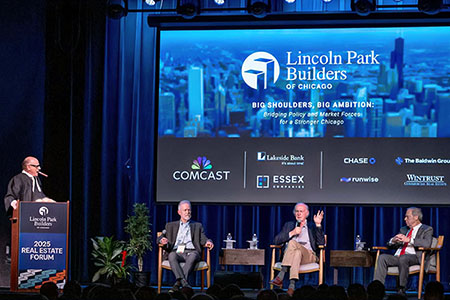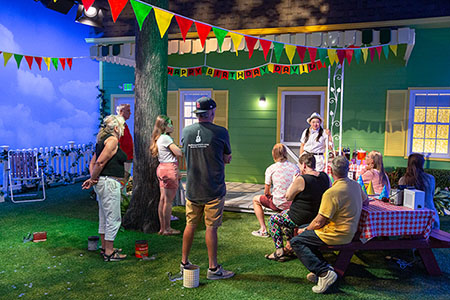$4 million bond for condo lawyer accused of murder
Rudd, age 73, is accused of killing his wife, Noreen Rudd, in 1973. The minimum sentence, if found guilty, is 14 years in prison. Though not charged, he is also a suspect in a 1991 murder. Rudd attended his bond hearing on Thursday morning in Rolling Meadows. Earlier in the week, he was treated at Northwest Community Hospital in nearby Arlington Heights for cellulitis, a skin infection caused by bacteria, affecting his feet.
In setting the $4 million bond, Cook County Circuit Court Judge Joseph Cataldo said Rudd must turn in his passport, any weapons in his possession must be given to the Arlington Heights Police Department, and he is to have no contact with any witnesses in the case. His next court date is January 12. Posting bail improbable but not impossible Reached on Monday, Grace said he does not believe Rudd will be able to make bond. Family members of two of Rudd’s five ex-wives have disputed Rudd has any significant net worth despite a recent stock deal that may have given him more than one million shares of a bio-technology company in Los Angeles. In 2013, a company that Rudd founded, WeHealAnimals, Inc., was acquired by Hanover Portfolio Acquisitions, now known as Endonovo Therapeutics, Inc., a publicly-traded company. Endonovo purchased patents from Rudd and hired him as Chief Scientist for $96,000 and an undisclosed amount of stock, described to the United States Securities and Exchange Commission as a private transaction, exempt “as a transaction by an issuer not involving any public offering.” However, instead of paying Rudd the $96,000, Endonovo gave him a promissory note that paid interest and, gradually, 1.5 million shares of common stock to extend the note to May 15, 2016. Prior to the sale of his company to Endonovo, Rudd was given 250,000 shares of stock for consulting services. Endonovo’s stock has traded as high as $51 per share but its price on Friday was about 41 cents. Previously, Rudd was Chief Scientist, Director of Intellectual Property, and Corporate Secretary for a stem cell research company called Regenetech, Inc., until it was sold in 2009.
According to NASA, Regenetech, at the time called BioCell Innovations, acquired licenses in 2002 for a “bioreactor” – that allowed the growth of human cells in simulated weightlessness – along with patents related to adult stem cell research. Regenetech added its own technology to create a bioreactor to quickly multiply harvested stem cells taken from a sample of blood. Applications of the technology include treating diseases and regenerating tissue. Regenetech, says NASA, went on to develop more than 300 of its own patents and has licensed out its technologies “on a global scale.”
|







 Previous story:
Previous story: 








